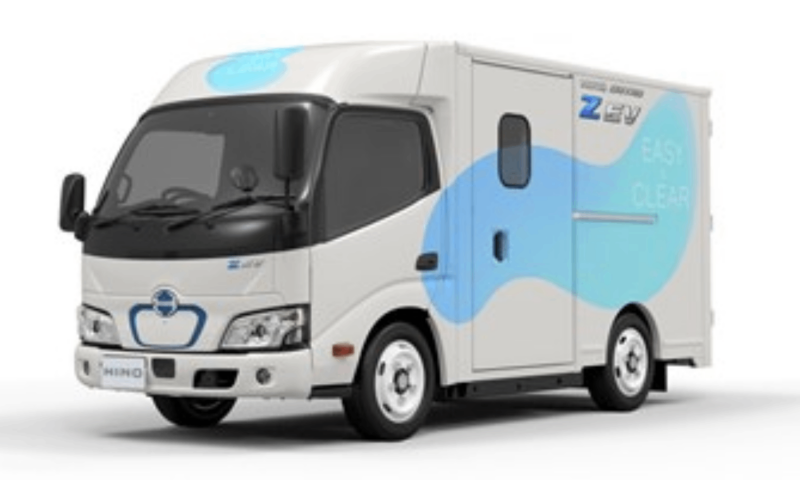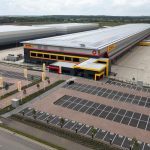QTLC explores potential for zero emission freight truck
Queensland Transport and Logistics Council (QTLC) has today released a market-leading report exploring the current and near-term potential for Zero Emission (ZE) freight trucks.
Focusing on the factors that fleets say are constraining growth, the report provides recommendations for all key stakeholders to support transition.
“Significant deployment of zero emission trucks will be required to meet the Queensland and Australian Government’s net-zero targets, yet today, less than 0.2% of new truck sales are zero emission,” says QTLC CEO Lauren Hewitt.
“The Queensland freight task can provide great early deployment opportunities – particularly in urban operations which represent 70 per cent of all rigid truck activity’ QTLC partnered with specialist consultancy MOV3MENT to analyze the suitability of ZE trucks in different market segments.
“There is a lot of focus on hydrogen for heavy vehicles. While it is technically suitable, we don’t see that being commercially viable by 2025 or even 2030 without significant government subsidies. But the report shows battery electric trucks can be financially viable even today in the right application – including urban delivery, low frequency waste compactors and regional haul,” Director Mark Gjerek noted.
QTLC’s consultation with fleets and transport precincts highlighted a market that is underdeveloped due to a range of market maturity and cultural barriers.
While many of these barriers will be addressed over time, some will require significant leadership, collaboration, and investment.
“We need to get beyond limited trials of one or two vehicles to achieve mainstream adoption,” says Gjerek.
To that end, the report identifies some accelerator opportunities to address the confidence barriers the industry faces.
QTLC is proud to support investment in into one of these project areas – zero emission transport hubs and precincts.
In the coming months, we will be rolling out a program for these high traffic areas which can act as a launch pad by providing aggregated demand for vehicles and fuels.
QTLC will share the learnings gained through this for the benefit of all fleets, industry and government.
“We look forward to collaborating with our members, fleet precincts and their customers to provide something that delivers both lower emissions and reduced costs for the sectors,” says Hewitt.














